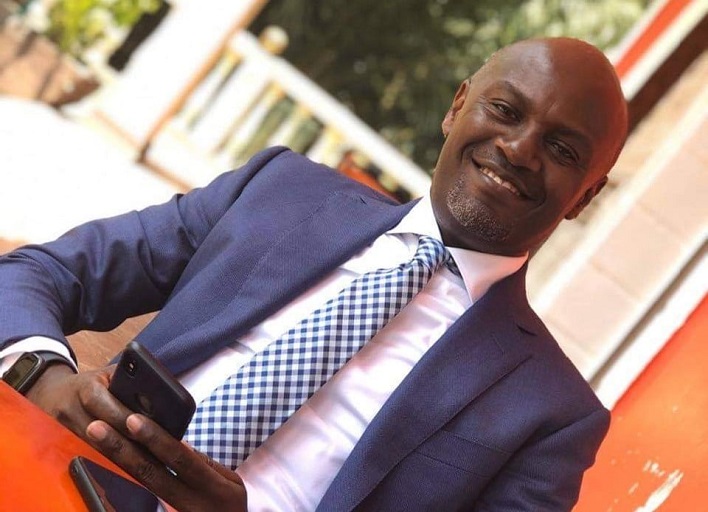
By Andrew M. Mwenda
Yesterday the NRM government, in characteristic style, used military police to unleash violence against a group of activists escorting Bobi Wine to the UN Human Rights office to deliver a petition. It was the same old style with an added level of brutality this time mercilessly employed against journalists. The evening news and some comments from some of our “development partners” made the beating of journalists a big deal.
I am a journalist and I run a newspaper but I find it self indulgent for us to make this about us. Ugandan journalists are angry at being terrorized by security forces alongside other citizens as if they are a special category entitled to an exemption. This is a story of the state use of arbitrary violence against citizens, journalists only being a part!
When journalists position themselves as a special category that should be exempted from the indignities and violence other citizens suffer at the hands of the state, they lose sight of the actual story. The story becomes about them as a profession instead of all the citizens.
I am even more shocked some Ugandan elites think this is new. The use of violence has been a characteristic feature of NRM from its inception. The issue has always been which group in which region is targeted based on its attitude towards NRM. The direction of this violence seems to be changing from the North and North East to Buganda based on recent voting patterns.
The NRM claimed its struggle was against arbitrary use of violence by the state. But it used violence to come to power. I wonder why anyone would think it would restrain itself from employing the same violence to retain that power. It’s admires, like the admires of Uganda’s mainstream opposition today, failed to see this.
This is why it’s critical for us to critique the groups that seek to wrestle power from NRM. What are their values? How do they treat those who criticize them? Without rising these issues we risk rotating on roundabout forever. And opposition activists hate me for this insight.
There is nothing new about NRM’s behavior. Just ask the people in those parts of Uganda like West Nile, Acholi, Lango, Teso and Kasese who at one time of another opposed NRM. What we saw yesterday was chicken feed. In fact this is why we don’t need a mere change from NRM as a group but as a system of rule. We need a group with a different politics – politics of tolerance of divergent views, of accommodation of diversity (ethnic, religious or ideological) etc.
If we do not insist that the forces of change must demonstrate to us a different mode of conduct, then we are giving them license to remove Museveni but not Musevenism, NRM but not NRMism. That has been the persistent tragedy of Uganda and Africa – change of guard not of values which shapes conduct.
A large cross section of Ugandan elites hate me for exposing this, their myths and shallowness; their tendency to be driven by momentary anger (perhaps understandable) and thus embracing one violent group to wrestle power from another violent group and mistaking that for the change they want or hoping that once in power such an intolerant and violent group will change its ways.
I am not willing to trade Museveni’s violence with anyone else’s violence. If I disagree with you and instead of responding to my arguments you hurl insults and abuses at me, you subject me to psychological terror, then you are telling me how you will use state power when criticized. Then I know you are not the change we need!
It is harder to shape the behavior of any group once it captures power – for then it has money to rent political support and armies and weapons to coerce loyalty and suppress dissent. But it is easier to shape the behavior of a group seeking power because all it has is the power of persuasion. So before we join any group to denounce Museveni and his violence, can we ask for the values of this group?
Many Ugandan elites get terrified by this insight because it unmasks their naivety and opportunism. I understand that people feel sympathy for a group being terrorized by the state and that this blinds then to the nature of such a group. They are always focused on the form not the substance, driven by the immediate and ignoring the long term and let their feelings cloud their reasoning. And that is what allows demagogues and opportunists to grab power.
